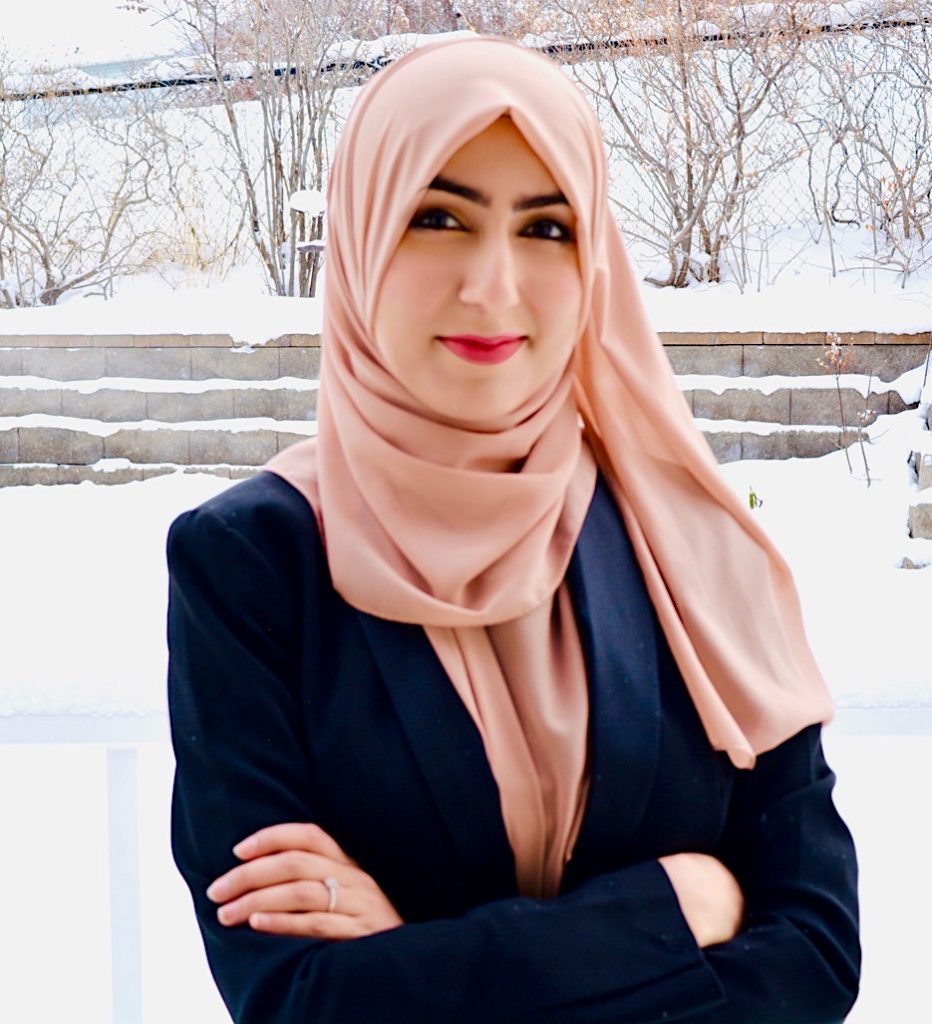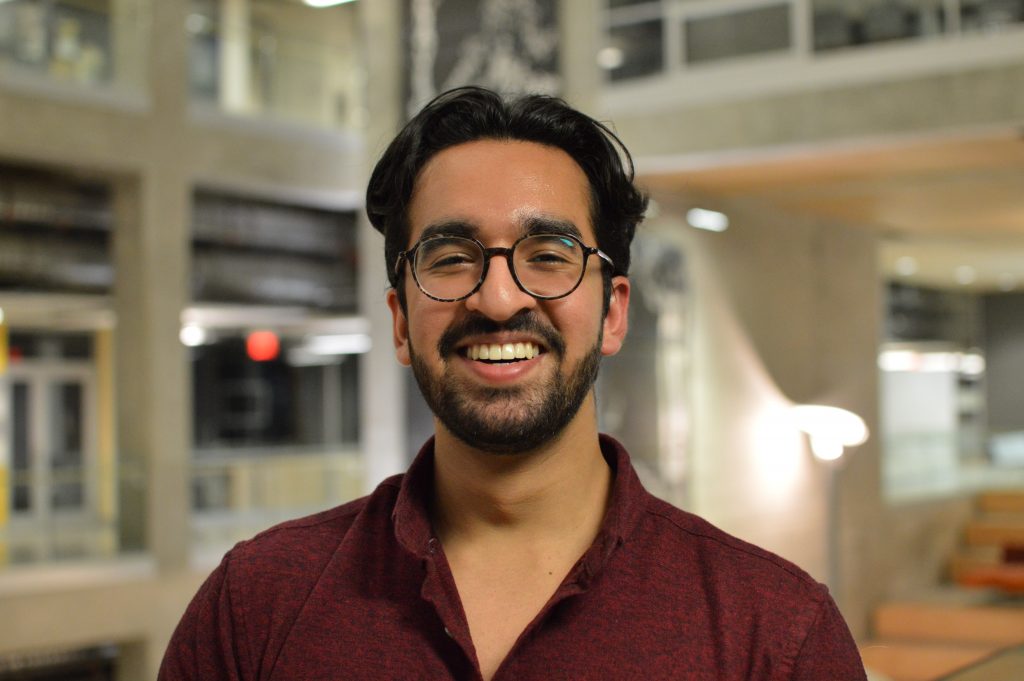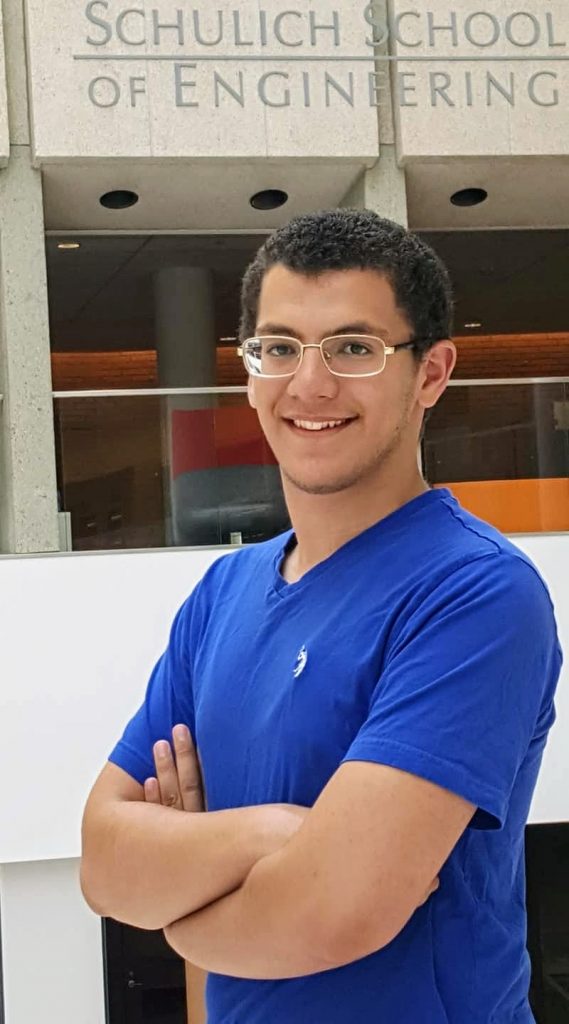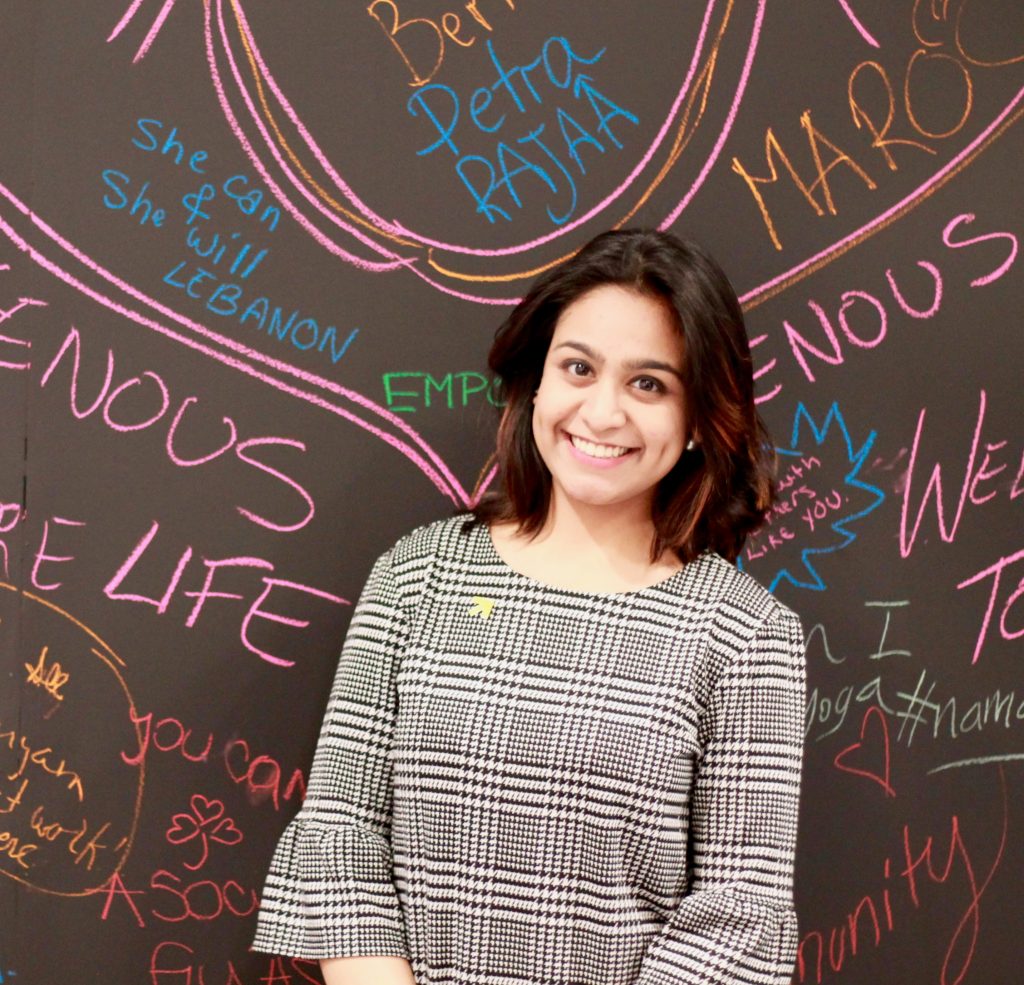
SU election supplement 2021: Acclaimed Faculty representatives
Along with the responsibilities outlined for all SLC members, faculty representatives are accountable for responsibilities particular to their role including: Reporting to students of their faculty the policies, positions and programs of the SU, reporting to their faculty itself (e.g., Dean’s Council) the policies, positions and programs of the SU, representing student constituents of their faculty at SLC, representing student constituents of their faculty on university committees and reporting to the VP Academic on matters of academic importance within their faculty.
Cumming School of Medicine: Rafael Sanguinetti
A no-show for a Gauntlet interview, Rafael Sanguinetti still manages to convey a strong platform and relevant ideas to bring to undergraduates at the Cummings School of Medicine.
His ideas to implement 24-hour stress-buster bonuses, which are already offered in some MDSC courses, sees Sanguinetti expanding upon a positive mental health strategy, according to his platform. His initiative to install TV monitors is a great way to make students more aware of upcoming events and opportunities, and his proposal to invite third-party advertisers is an interesting way to bring in some revenue for student resources.
Every year, we see Med reps advocate for a Spring/Summer UPass for summer research students, and unfortunately, undergraduate students are still waiting for this implementation. It will be interesting — and frankly historic — to see if Sanguinetti pulls it off. Similarly, advocating for less posters on campus during election season could be seen as an upset to a long-standing SU election tradition. However, with the pandemic asking students to switch to more digital-friendly campaign methods, it’s definitely not outside the realm of possibilities for this practice to be considered in future elections.
Sanguinetti understands the needs of undergraduate med students, and he’ll make a strong representative this upcoming year.
Faculty of Law: Saliha Haq

Saliha Haq gave a truly impressive interview.
Her calm, confident and compassionate demeanor will ensure that students from her faculty are comfortable in bringing their comments and concerns to her.
Haq is very aware of the services on campus and knows exactly where to direct students who need help accessing them. She was also aware of how her platform translates to an eventual return to camps for in-person learning and she’ll certainly be able to pivot her goals no matter the COVID-19 situation.
Haq focused her interview on connection. She wants to connect the University of Calgary law students with the larger community as well as creating a “campus-wide feeling of connection.” She knows how important mental health is, particularly in a demanding discipline like law.
With a background in politics, Haq is well-equipped to advocate for students. Her experience in door-knocking and creating connections will serve her well.
Overall, students in the Faculty of Law are lucky to have Haq as their representative.
Faculty of Science: Pragya Chopra
Pragya Chopra did not interview with the Gauntlet so we’re basing our analysis on her posted platform. Chopra is entering her second term as Faculty of Science representative. She has an impressive array of student experience and is very involved with her faculty.
There’s nothing new or novel about her platform, but sometimes simplicity is the way to go. Chopra probably learned what’s doable and what isn’t during her first term on Students’ Legislative Council and she’s not promising anything that isn’t deliverable.
She’s planning on more communication through social media, regular career-based workshops and engaging external sources for more scholarships and bursaries.
Chopra was an impressive candidate her first time around. While COVID-19 derailed a few of her plans, we’re excited to see what she’s able to accomplish in this upcoming term. Her platform indicates that she’s not confining herself to her posted platform and that’s probably an important note considering we have no idea what’s in store for the upcoming school year. It looks like Chopra is prepared for anything.
Faculty of Science: Megan Raivio

Although only in her first year, Megan Raivio has a solid and realistic plan to engage with and continue to maintain transparent communication between her role and science students.
Calling upon her previous experiences as a first year student, Raivio was inspired to take on this role to ensure that science students could still receive an authentic university experience, even online. Her main goal for this term is “being clear with every single student, and being in touch with as many science students as I possibly can so that everybody is aware of the opportunities in front of them.” Raivio continues, saying that this is also important for when the transition does occur back to in-person learning, as it will be many students’ first time on campus.
An interesting part of her platform sees Raivio advocating to expand the PASS program to other disciplines. Although funding for the PASS program is often in jeopardy, Raivio maintains that while she is unsure exactly how she will ensure funding for PASS continues, she sees this program as extremely useful for undergraduate students. “Being able to raise awareness about the PASS program and how much it helps people, and how useful it is to students would definitely shine a light on keeping the funding in place or increasing it.”
Megan Raivio is in a unique position to advocate for students who may still be unfamiliar with campus culture from a year online. She has put in the time and research to ensure that her ideas connect with science students.
Faculty of Science: Chaten Jessel

Securing a second term as a Faculty of Science Representative, Chaten Jessel’s positive attitude and commitment to advocacy on behalf of students sees this third-year neuroscience student applying his knowledge from this past year online.
One of the ways Jessel plans to help offset the increase in tuition for students, is to advocate for Open Educational Resources (OERs). OERs are free resources for students to access, like textbooks and other course materials. “That’s really what I want to do — create a more affordable, accessible experience for all students,” says Jessel.
Jessel also plans to “improve the functionality of our existing spaces, to create more spaces and just allow for modern learning to occur,” by implementing Quality Money funding as well as Campus Improvement Funding. Jessel stated that the use of the Quality Money funding specifically is a great way for student advocates to put their ideas to action.
His last point, calling on increased accountability to students, would see the weekly reports that faculty representatives give to their supervisors on the work they’ve accomplished, shared with students via social media. Jessel states this can help build more trust in the relationship between students and the SU, “and it can show people that the SU is doing some pretty meaningful work,” Jessel continues.
Jessel is well aware of the resources available to him as a Faculty Representative, and is excited to begin implementing them to continue to connect with science undergraduates.
Faculty of Veterinary Medicine: Lauren Stoffregen
Lauren Stoffregen did not interview with the Gauntlet. She has been acclaimed and will serve as the Faculty of Veterinary Medicine representative.
She correctly identifies that many of the work experiences and summer employment opportunities previously obtainable by VetMed students are no longer available. She is also aware that VetMed students can be isolated from the main campus and as a result, pay fees for services that they rarely access.
Unfortunately, there is zero plan articulated as to how to deal with these issues and without interviewing Stoffregen, we are unable to evaluate whether such a plan exists.
Haskayne School of Business: Adrian Alcantara
Adrian Alcantara did not interview with the Gauntlet, so an analysis of the candidate’s platform is provided based on the best available information.
Unfortunately, the posted platform is lacking in substance. Alcantara plans to “create resource guides that contain frequently asked questions including required courses, important academic dates, and wellness resources.” This seems redundant and a waste of time that could be better spent serving students in other capacities. Plenty of information is already available to students. There doesn’t seem to be any plan on the part of Alcantara to make these resource guides any more available through any alternate distribution channel than already exists.
“Improving transparency” is a buzz-worthy phrase but, without a solid plan behind it, means virtually nothing.
Alcantara has been acclaimed to this position, following two of the best Haskayne reps the SU has ever had. Hopefully this candidate is able to build on the work that has been done and come forward with some real planning.
Schulich School of Engineering: Taimur Akhtar
Taimur Akhtar did not interview with the Gauntlet, and looking solely at his platform, there is a specific focus on how online learning and the pandemic in general has affected the experiences and mental wellbeing of engineering students.
His platform point on implementing a Campus Mental Health Strategy seems like a worthwhile endeavour, however his platform doesn’t go into too much detail regarding which strategies he would like to reevaluate or implement. Establishing more accountability between the faculty and students speaks directly to increased communication which Akhtar advocates for in his second point. He states that it is important to hold the university accountable when they are not following university policies. These policies, however, are not further expanded upon. His ideas regarding course accommodation and ensuring they stay consistent for engineering students who are studying away from Calgary are important, however, the way in which Akhtar plans to ensure adequate bandwidth for students working in different time zones is also unclear.
From his platform, it does seem like Akhtar knows what engineering students are looking for moving forward from online learning, however, clarity when communicating his vision to undergraduate students is needed.
Schulich School of Engineering: Khaled Elmalawany

Khaled Elmalawany gave a poised and well thought-out interview.
While mental health can often seem like a buzzword, Elmalawany has a legitimate plan to offer certifications in Question, Persuade, Refer (QPR) training as well as CPR training. His plan to destigmatize mental health issues by connecting with successful Schulich grads who have overcome their own struggles and are willing to tell their stories is brilliant on two fronts — it will allow for networking opportunities and will go a long way in showing students that success is possible even if they’re facing challenges. He sits on the mental health committee in his faculty and so has the connections and experience to implement his plan.
Elmalawany isn’t naive enough to believe he can stop tuition and fee increases, but mentioned his desire to help reduce the rise as much as possible. His first platform point about student advocacy is a little thin and could have easily been combined with his third point about tuition increases to make room for something else. Finding a way to address employment outlook and career advancement would have been helpful.
He has a warm, open manner and his desire to hear from students is sincere. He’s been acclaimed but will be a solid representative for students.
Werklund School of Education: Dhwani Joshi
Dhwani Joshi did not interview with the Gauntlet, however her goals for Education students in the upcoming school year shows that Joshi is committed to including updated resources and communication to all Education degree streams.
Joshi outlines that her strategies to promote mental health resources to students will take the form of online and on-campus awareness, and will be made available for both faculty and students to participate in. Her platform point regarding foundational resources for teachers working with high risk populations is sure to bring valuable professional development to teachers, if implemented, especially for students on practicum. Joshi also mentions that she would like to work with the faculty to promote research in Education by creating a Werklund scholarship to help draw students to participate in this work.
Although it can be argued that many Education students are already aware of the Teaching Across Borders (TAB) program, increased advertisement isn’t a bad plan. Overall, Joshi’s platform considers Education students and how they’ve been adapting to online learning and teaching, and builds upon the resources students may not already know about.
Senate: Shagufta Farheen

Of all the interviews we’ve done throughout the years, Shagufta Farheen’s presentation last year is the one we won’t forget. We weren’t sure how she’d top it this year, but she did. She’s confident, knowledgeable, passionate and never falters when she’s providing an answer to a question that comes out of left field. Farheen spent last year as the representative for the Haskayne School of Business and she’s one of the most impressive faculty reps we’ve ever seen. This year, she’s been acclaimed to the Senate as a student at large.
Farheen speaks with authority and is certainly one of those people that, when they speak, you listen. This makes her a perfect student to be part of the Senate. Her energy will breathe some life into an institution that few students know even exists. She’s also well-aware that the Senate isn’t well-known and endeavours to change this. We have no doubt she’ll succeed because it’s hard not to notice Farheen. If she wasn’t acclaimed, she’d definitely be our pick. Students are lucky to have her represent them.
Board of Governors: Frank Finley

What can we say about Frank Finley? Have a look through the Reddit posts yourself and you’ll see what students are saying. Having spent the last year as president of the Students’ Union, Finley may have succeeded in increasing the popularity of the organization on campus — a feat many have promised to accomplish via engagement surveys and the like, but that he actually delivered on by advocating for students when it mattered. In a year that could have been even worse for students, Finley fought tirelessly to make everyone’s life better and racked up win after win.
We asked Frank when he plans to retire, graduate and just chill out at a spa somewhere, but in true Finley fashion, he said that would probably stress him out. Sure, there aren’t too many student voices on the Board of Governors and it’s nearly impossible to get anything done as a student representative, but if there’s anyone on campus who can make their voice heard and speak truth to power, it’s Finley. He knows how the system works, he’s in it for the right reasons and he’s better equipped than anyone to make a difference.
Remember, the supplement constitutes the opinions of our panel — it’s important that you read the candidate’s platforms on the SU’s website, interact with those running for positions, ask questions and make up your own minds about who deserves your vote!
In a previous edition of this article, Dhwani Joshi’s name was misspelled. We have corrected it. The Gauntlet apologizes to Dhwani Joshi.
